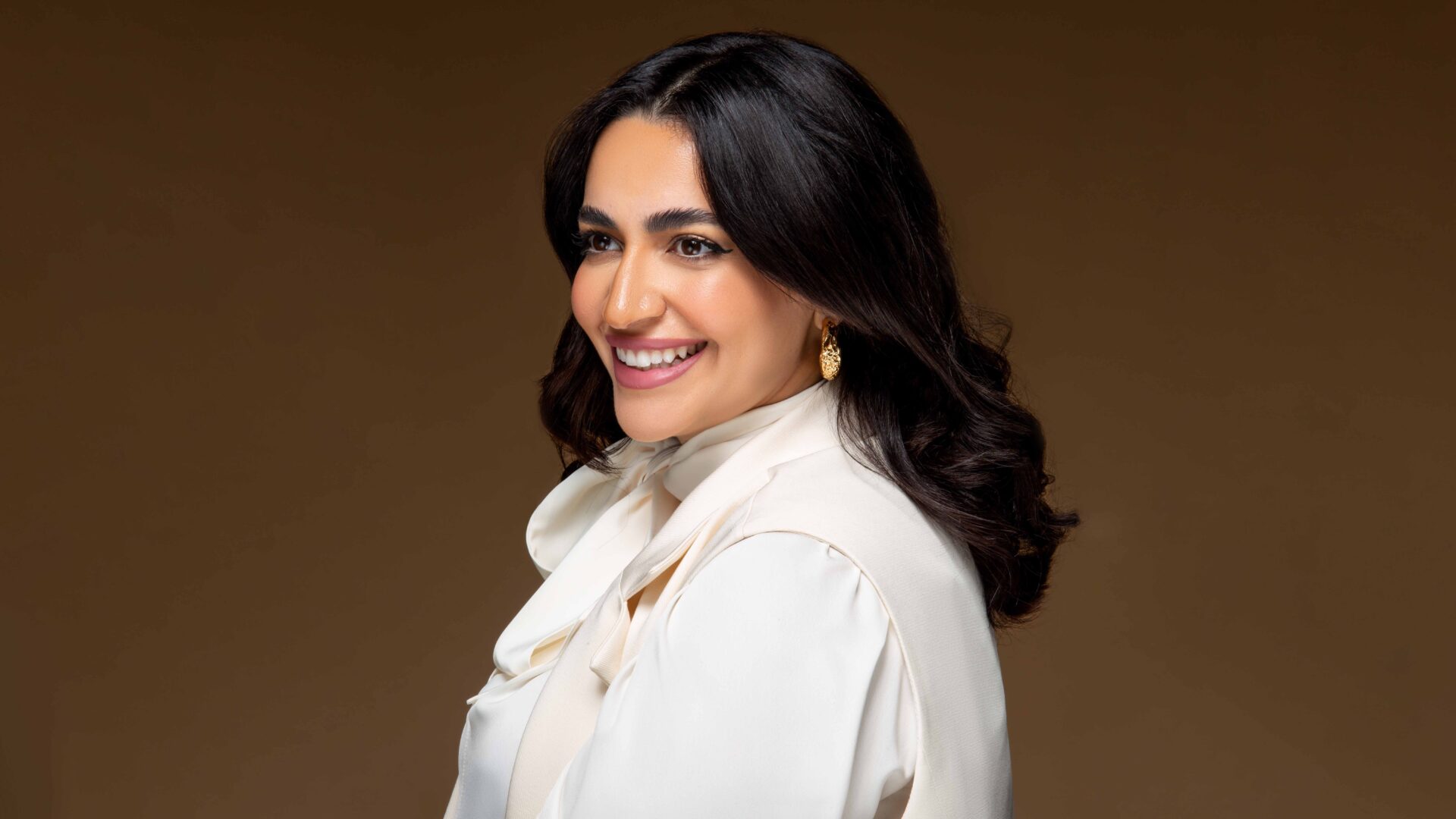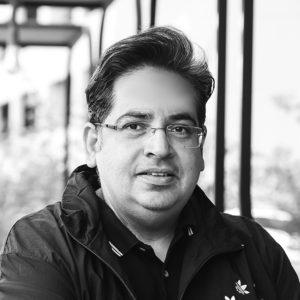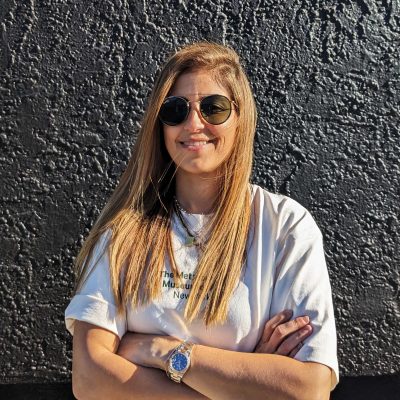Discovering the Heart of Social Work
Meet Dalal Alballoul, a dedicated mother of four, human rights advocate, and clinical social work counselor based in Kuwait. With a lifelong dedication to social work, Dalal holds a master’s degree from St. Louis University, USA, and a Ph.D. from the University of Kentucky, USA. Her journey into social work was not a conscious choice but a natural inclination, stemming from her innate ability to connect with others and offer support. Dalal’s 17-year career has seen her working with diverse clients, addressing a wide range of social, emotional, and mental health issues. Her approach emphasizes individualized care, drawing on therapeutic methods such as Cognitive Behavioral Therapy and Dialectical Behavior Therapy. Through her work, Dalal aims to empower clients, instilling in them the confidence to navigate life’s challenges effectively.

“Be gentle with yourselves and your children”
Please introduce yourself to our readers.
My name is Dalal Alballoul – a mother of four: three sons and a daughter, a human rights advocate, clinical social work counselor, and a TA in “social work field practicum liaison” at Kuwait University.
Tell us about your education.
I have studied Social work throughout my life. I have a master’s degree in social work from St. Louis University, USA, and have completed a PhD program in social work from the University of Kentucky, USA.
Why did you choose the field of social work rather than psychology, counseling, or another helping profession?
Social work chose me. I have always been the social worker for my family and friends. It comes naturally to me; people feel comfortable talking to me about their problems, and I have the skills to help them. Social work differs from psychology in that it focuses on the human environment rather than solely on the physical reasons for human problems. I enjoy engaging with clients and their families, seeing how our services empower them to lead effective lives.
Speaking from your personal experiences in clinical social work, could you please provide a definition of clinical social work as you understand it, and the roles and responsibilities that are possible within clinical social work?
In clinical social work, we work closely with clients, conducting thorough assessments of their life history and current issues. We may suggest prospective diagnoses if applicable.
As therapists, we take confidentiality very seriously. Additionally, we adhere to a number of social work ethics, including respecting the client and accepting everyone without discrimination based on gender, religion, color, nationality, etc.
Could you please elaborate on your role and the types of clients you have counseled and assisted in a clinical social work capacity?
Throughout my 17-year career, I have worked with a diverse range of clients, from those with simple to complex social and emotional issues, to those with mental illnesses and gender identity issues, spanning all age groups.

What types of clinical interventions and therapeutic methods do you use with your clients?
As a clinical social worker, I provide individualized plans for each client based on their needs, utilizing various therapeutic methods such as Cognitive Behavioral Therapy (CBT), Dialectical Behavior Therapy (DBT), and more.
What are some of the most rewarding aspects of your experiences in clinical social work? On the other hand, what are some of the most challenging aspects of clinical social work?
The most rewarding aspect is witnessing clients implement the strategies we’ve worked on and seeing them experience positive changes in their lives. Conversely, it can be challenging when clients resist change and struggle to adapt to life’s challenges.
What has been your proudest moment as a social worker?
My proudest moments are continuous feelings of pride when clients leave my space feeling empowered and better equipped to navigate their lives.
What do you see as the top social justice issues facing social workers?
In Kuwait, I believe offering better work positions and fostering collaboration within multidisciplinary teams are key social justice issues.
How do you approach building rapport and trust with clients, especially those from diverse cultural backgrounds or with differing gender identities?
I establish a safe space from the outset, assuring clients that they won’t be judged, allowing them to freely express themselves. Building trust is crucial for effective counseling sessions.

What is the biggest myth people have about your specialization, and the one you would like to debunk?
The biggest myth is that social workers primarily work in schools and only with children and individuals with social problems. In reality, social workers work directly with clients and also on a macro level, contributing to policy-making.
In your experience, what unique strengths do you believe women bring to the field of clinical social work?
Social work has historically been dominated by women, and their passion and empathy are vital in upholding social work ethics and values when providing services to clients.
What are some of your other hobbies?
I enjoy reading, listening to classical music, and practicing yoga.
What is your life motto?
“You only live once, so live it on your own terms.”
Your favorite quote(s)?
“When you do things from your soul, you feel a river moving in you, a joy.” – Rumi
What are you currently working on and what are some of your future plans?
I am currently involved in a newly launched non-profit organization called Amana, which provides social and legal services for abused and adopted children. As for future plans, I prefer to discuss them once they materialize, but I have many exciting projects in the pipeline.

What is your favorite travel destination and why?
I love tropical islands for their warm sun, serene ocean views, and opportunities for meditation. Being in nature connects me deeply, and I feel truly present.
What advice do you have for students considering a career in clinical social work?
Ensure that this career aligns with your inner calling, as it involves delving into people’s issues and challenges. The personal rewards are immense, but maintaining good well-being is essential, so consider having a therapist yourself.
Your message to women and especially mothers for International Women’s Day and Mother’s Day.
Be gentle with yourselves and your children. Take care of your well-being so you can provide the love and support your children need most.
Your message for us at CP magazine.
Thank you for providing me with this opportunity to share insights about myself and my fulfilling career with your readers.








